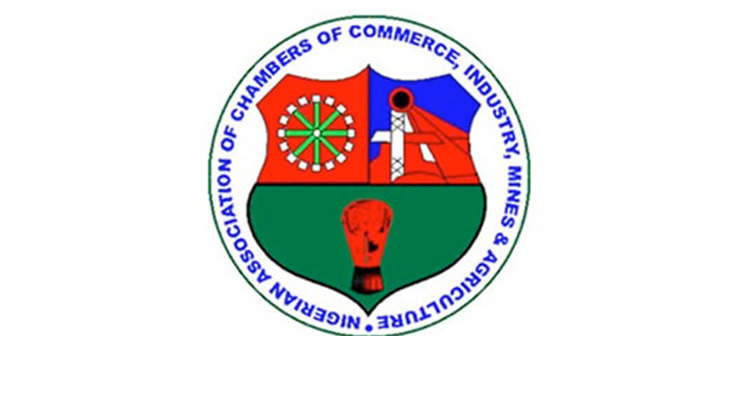Nigeria’s aspiration to achieve a $1 trillion economy by 2030 faces a significant hurdle: its massive public sector deficit. This fiscal imbalance, characterized by excessive borrowing primarily to finance recurrent expenditure, is crowding out private investment and fueling inflationary pressures. The Nigerian Association of Chambers of Commerce, Industry, Mines, and Agriculture (NACCIMA) and the Organized Private Sector of Nigeria (OPSN), recognizing the gravity of the situation, have urged the Federal Government to adopt a more stringent approach to public financial management. This entails prioritizing capital expenditure over recurrent spending, broadening the tax base instead of increasing tax rates, enhancing expenditure efficiency by plugging leakages, and expediting the sale or concession of underperforming public assets. These measures are crucial not only for restoring macroeconomic stability but also for bolstering investor and business confidence, which are essential for driving economic growth.
The government’s acknowledgment of the nation’s macroeconomic and social challenges, as expressed at the recent IMF/World Bank Spring Meetings, is a positive first step. However, the World Bank’s Africa Pulse report, projecting a surge in Nigeria’s poverty rate to 56% by 2027, serves as a stark reminder of the urgency for effective policy action. The escalating poverty, coupled with rising inflation, youth migration, and a widening fiscal deficit, underscores the need for swift, targeted, and practical interventions. The government’s commitment to single-digit inflation, job creation, digital infrastructure development, and the $1 trillion economy goal is commendable, but its realization hinges on addressing these fundamental challenges.
A critical concern is the prevailing high-interest-rate environment. With commercial lending rates hovering between 30% and 40%, the cost of borrowing is prohibitive for businesses, particularly Micro, Small, and Medium Enterprises (MSMEs). This restrictive credit environment, while aimed at curbing inflation, inadvertently stifles entrepreneurship, industrial production, and agricultural expansion. It undermines the private sector’s capacity to generate jobs and foster innovation, further exacerbating the economic challenges. NACCIMA has therefore advocated for targeted intervention funding and special credit windows for MSMEs and strategic sectors at concessionary rates to stimulate growth, employment, and food security.
The exodus of skilled youths, often referred to as “Japa,” is another alarming trend fueled by economic hardship and insecurity. This brain drain deprives the nation of its valuable human capital, hindering its development prospects. Addressing this issue requires creating a conducive environment for businesses to thrive, thereby generating employment opportunities and improving the overall economic outlook. This includes fostering a stable and secure environment, as insecurity is a major driver of youth migration.
To achieve its ambitious economic goals, Nigeria must prioritize fiscal discipline and implement structural reforms. The current trajectory of high public sector deficits and reliance on borrowing to finance recurrent expenditure is unsustainable. A shift towards prioritizing capital expenditure, broadening the tax base, enhancing expenditure efficiency, and divesting underperforming public assets is crucial. Complementing these fiscal measures with monetary policies that support private sector growth, particularly for MSMEs, is essential for generating employment and driving economic expansion.
The government’s recognition of the challenges and its stated commitment to addressing them are positive signs. However, translating these intentions into concrete actions is paramount. Swift, targeted, and pragmatic policies are needed to tackle the pressing issues of poverty, inflation, youth migration, and insecurity. Collaboration with development partners on job creation and youth empowerment is a welcome step. Ultimately, achieving the $1 trillion economy goal requires a concerted effort from all stakeholders, including the government, private sector, and development partners, to create a conducive environment for sustainable economic growth and development.














